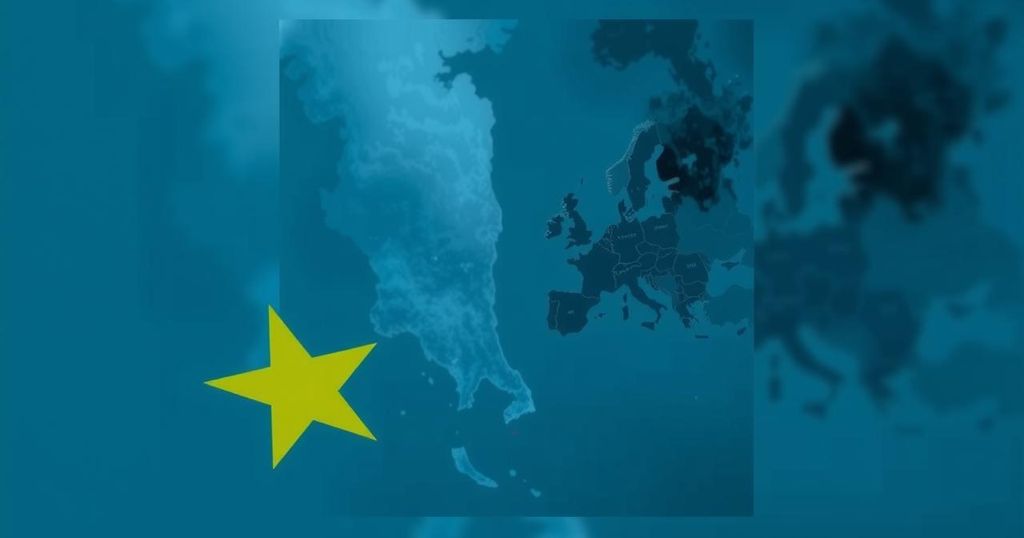Global news
AFP, AFRICA, BRITAIN, CEASEFIRE, CONFLICT, CONFLICT RESOLUTION, DAVID LAMMY, DMITRY POLYANSKIY, ENERGY INFRASTRUCTURE, LAM, LAMMY, MOHAMED HAMDAN DAGLO, NORTH AMERICA, RAPID SUPPORT FORCES, RSF, RUSSIA-UKRAINE WAR, SECURITY COUNCIL, SIERRA LEONE, SUDAN, UN, UN SECURITY COUNCIL, UNITED NATIONS, UNITED STATES, US, WAR
Fatima Khan
0 Comments
Russia Vetoes UN Resolution for Ceasefire in Sudan Amid Ongoing Conflict
Russia vetoed a UN resolution aimed at ceasing hostilities in Sudan, leading to condemnation from UK officials. The ongoing conflict between rival military factions has resulted in significant humanitarian issues, with millions displaced and facing severe shortages. This veto reflects the larger geopolitical divides affecting the UN’s capacity to act effectively in conflicts worldwide.
On November 18, 2024, Russia issued a veto against a United Nations Security Council resolution that sought an immediate cessation of hostilities in Sudan. The conflict, which has persisted since April 2023 between General Abdel Fattah Al Burhan’s army and the paramilitary Rapid Support Forces led by General Mohamed Hamdan Daglo, has resulted in significant civilian casualties and humanitarian crises. British Foreign Secretary David Lammy condemned Russia’s veto as a “disgrace,” emphasizing that it obstructed unified international action to address the turmoil. He criticized the Russian representative’s disengagement during the session, sparking outrage among Western diplomats. The humanitarian situation in Sudan remains dire, with millions displaced and facing severe food shortages.
The ongoing conflict in Sudan erupted in April 2023, triggered by tensions between two rival military factions: the Sudanese army led by General Abdel Fattah Al Burhan and the Rapid Support Forces commanded by General Mohamed Hamdan Daglo. The United Nations has been restricted in its ability to effectively mediate due to geopolitical tensions, especially between permanent members of the Security Council. Russia’s recent alignment with General Burhan’s camp marks a notable shift in its foreign policy stance towards Sudan, complicating international responses to the escalating humanitarian crisis.
The veto of the ceasefire resolution by Russia underscores the complexities of international diplomacy in addressing conflicts exacerbated by geopolitical rivalries. With the humanitarian situation in Sudan deteriorating and millions affected by violence and food insecurity, there is an urgent need for renewed cooperative efforts among international stakeholders to facilitate a resolution to the ongoing crisis.
Original Source: jordantimes.com




Post Comment